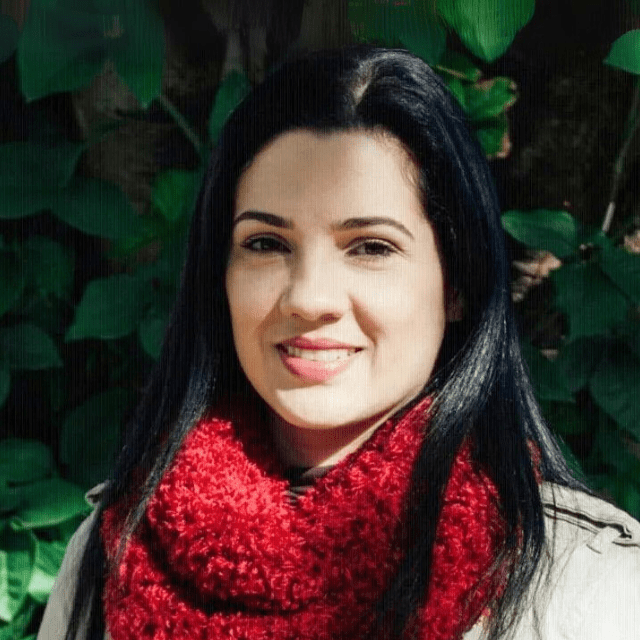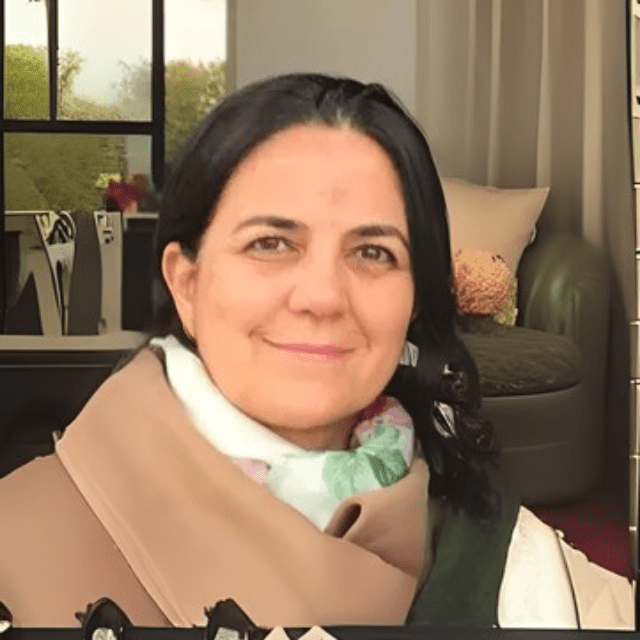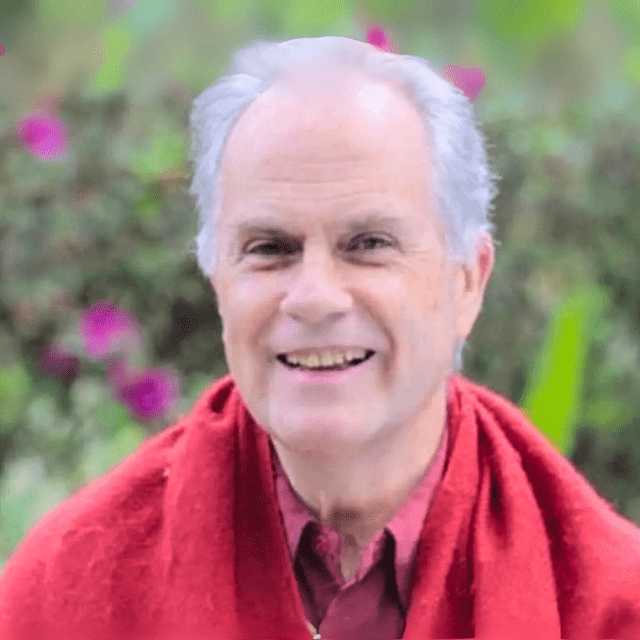Medical Rationalities: Implications for Practice, Research, and Integration
Abstract
Understand the fundamental concept of medical rationality and its main components.
Analyze the implications of different medical rationalities in clinical approaches and the conduct of health research.
Discuss the importance and challenges of dialogue and integration between diverse medical rationalities to enhance healthcare.
- Introduction to the Concept of Medical Rationalities (0-15 minutes total)
- Welcome and Contextualization (0-5 minutes):
Presentation of the topic and its relevance in the current health landscape, especially within the context of traditional, complementary, and integrative medicine (TCIM).
Brief mention of the diversity of healing systems and their underlying logics.
- Defining “Medical Rationality” (5-15 minutes):
Exploration of the concept: what characterizes a medical system as a “rationality”?
Key components of a medical rationality:
Morphology (view of the body and its functioning).
Physiopathology (explanation of the causes and mechanisms of diseases).
Diagnosis (methods of identifying diseases).
Therapeutics (approaches and interventions to treat diseases).
Healthcare professional-patient relationship.
Cosmology and worldview (cultural and philosophical influences).
- Implications of Medical Rationalities for Clinical Practice (15-40 minutes total)
- Diversity of Diagnostic Approaches (15-25 minutes):
Comparison of how different rationalities approach diagnosis (e.g., biomedicine focused on laboratory and imaging tests vs. TCIM with an emphasis on holistic clinical observation).
Practical examples of different approaches for the same health condition.
- Variety of Therapeutic Modalities (25-40 minutes):
Overview of the different therapeutics offered by various rationalities (e.g., pharmacology, surgery, herbal medicine, acupuncture, homeopathy).
Discussion of the theoretical assumptions underlying each modality.
Considerations on the choice of therapeutics and the patient’s perspective.
- The Healthcare Professional-Patient Relationship Through Different Lenses (30-40 minutes):
How medical rationality influences the dynamics between the healthcare professional and the patient (authority, partnership, active listening, etc.).
The importance of communication and alignment of expectations.
III. Implications of Medical Rationalities for Research (40-65 minutes total)
- Methodological Challenges in TCIM Research (40-55 minutes):
The suitability of biomedical research models (RCTs) for evaluating complex TCIM interventions.
The importance of mixed methods and qualitative approaches to capture the complexity of CIMs.
Considerations on scientific rigor and ecological validity.
- Defining Relevant Outcomes in Different Rationalities (55-65 minutes):
The view of “health” and “cure” from different medical perspectives.
The importance of including patient-reported outcomes (PROs) and qualitative aspects in the evaluation.
Examples of research that seeks to integrate different forms of assessment.
- The Dialogue and Integration Between Different Rationalities (65-85 minutes total)
- The Importance of Intercultural and Interdisciplinary Dialogue (65-80 minutes):
Overcoming biomedical ethnocentrism and valuing the knowledge of other medical systems.
The role of active listening and respect for different epistemologies.
Examples of dialogue and collaboration initiatives between different rationalities.
- Models of Integration and Complementarity (80-85 minutes):
Different levels of integration (referral, concurrent use, collaborative practice).
The potential of complementarity to expand care options and meet patient needs more holistically.
Discussion of the ethical, legal, and practical challenges of integration.
- Final Considerations and Debate (85-90 minutes total)
Presentations
Diversity of Diagnostic Approaches: Traditional Chinese Medicine as a Medical Rationality and the Stress
MSc, Physiotherapist, Researcher
in Public Health and TCIM
Diversity of Diagnostic Approaches: Antroposhophic and Ayurvedic Medicine as a Medical Rationality and the Stress
MSc, MD, Professor & Researcher in
Anthroposophic Medicine and Ayurveda
Concept of Medical Rationalities, Implications for Clinical Practice and Research. Dialogue and Integration Between Different Rationalities
PhD, Professor at Federal
University of São Paulo
A Closing Moment of Integration: Guided Silence and the Joel Aleixo Floral Mist
Physician, Psychotherapist, and Specialist in
Integrative Health and Behavioral Medicine







